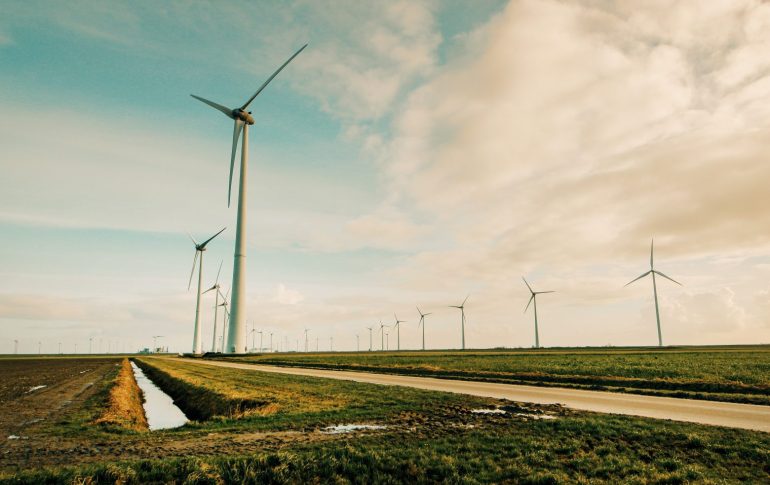Kristel and Luke Fokkert received compensation in excess of € 100.000 for a health problem which, according to them, was caused by the fact that they live near a wind farm.
The two Belgians living in France have long complained of symptoms that are part of the so-called "turbine syndrome" - the existence of which, however, not only has not been scientifically proven, but has been repeatedly refuted.
A French court, however, was convinced by the evidence provided by the couple in a historic decision, which is similarly believed to have never been made in France.
The symptoms of Fokkert
Headaches, insomnia, arrhythmias, depression, dizziness, tinnitus and nausea are some of the symptoms that the Fokkert report have been experiencing for more than two years. In their opinion, all six are responsible for all this discomfort wind generators about 700 meters from their home in the Fontainereau in the Tarn region in southern France.
Although the turbines have been in the same spot since 2009, the couple did not show any symptoms until five full years had passed. The Fokkerts attribute this change to the fact that until then, there was a forest between their house and the nearest wind turbine, which, however, was later deforested.
They claim that the problem starts with the sound, which they describe as "a washing machine that works all day", but also the "flashing white lights" on the wind turbines and claim that their health effects were huge.
"We did not realize it immediately, but little by little we realized that the problem was caused by wind turbines," said Kristel Fokert. "The wind turbines flash every two seconds; we had to put lights outside the house to neutralize the effects."
In 2015, the couple left the area and, as they claim, their health problems subsided very soon after that.
Although the doctors who examined the couple could not detect any health problems, a court expert said that the "turbine syndrome" has been recognized in the past in the scientific literature.
The nocebo effect
Despite the testimony of the Fokkerts, however, but also the verdict of the French court, there are no empirical data that prove (at least so far) the existence of this syndrome.
On the contrary, Australian research has found that the health problems attributed to wind turbines are more likely to arise from the so-called "nocebo" - that is, in essence, from an inverted form of the well-known placebo.
Essentially, this is the case when people receive information that makes them believe that something (in this case the wind turbines) is harmful to their health, as a result of which they submit themselves and observe relevant symptoms. In fact, Australian researchers have ruled that it is "essentially a sociological phenomenon" and that the fact that it was given the names "turbine syndrome" and "vibrational syndrome" played a central role in its spread.
Other research conducted in Europe, Canada and the USA and have been evaluated by peers, they have also shoot down the existence of the alleged "syndrome", which has not even been recognized by medicine. Their conclusions were that the cause of the discomfort reported by some people was the defamation and opposition to the installation of wind turbines or the negative expectations that had been created for them and the belief expressed by others that they were likely to get sick.
An unprecedented case
The Fokkert case was originally dismissed by a court in January last year, but they appealed, arguing that the judge had ignored reports commissioned by experts and instead chose to go to the area in person, where he had just passed. one hour.
The energy companies that manage the wind farm were called based on the decision to pay compensation of € 110.000 to the couple, while they stated that from 2015 until today they have made changes in both the lights of the wind turbines and the speed with which they rotate.
Alice Terras, the couple's lawyer, told a French channel: "This is an unusual case, which as far as I know has no judicial precedent."
The decision is expected to provoke a lot of reactions, but Terras warned those who are thinking of taking advantage of the Fokkert doom to benefit financially:
"This case cannot be repeated. "This particular wind farm caused unusual problems due to its configuration, but each case is different and should be considered individually."
In addition, he added that the decision should serve as a warning to companies creating wind farms, prompting them to carefully consider their impact on local people.
Emanuel Forison, of the Toutes Nos giesnergies - Occitanie Environnement environmental group, told the Guardian that the decision was "important and courageous".
"We are already addressing environmental and biodiversity issues and sometimes the impact they have on the landscape, but we are not dealing enough with human health issues. "This could create a doomsday and, above all, contribute to the evolution of the regulations."
With information from the Guardian
in.gr
